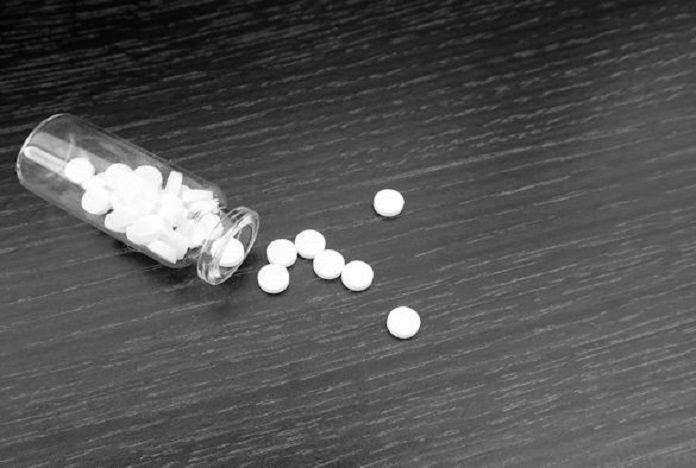Scientists at the University of Liverpool have recently highlighted the ineffectiveness of a specific drug treatment for alcohol use disorders.
Baclofen is a pharmaceutical which has been utilized since the 1970s as a hostile to spasticity treatment. All the more as of late it has been utilized as a treatment for alcohol use disorders.
Baclofen has a key advantage as compared to right now authorized prescriptions: it is discharged to a great extent through the kidneys. Thus, it is possible to give baclofen to people suffering alcohol-related liver disease.
Many studies have discovered that the efficiency of Baclofen in treating alcohol use disorders. Many scientists even claimed it as a wonder drug, that is capable of curing alcoholism.
Following various effective clinical trials, the utilization of baclofen expanded largely and offers of the medication have taken off in a few nations. In later years, there have been a developing number of studies which specifically think about baclofen against fake treatment on various result measures. Regularly these result measures are drink-related, e.g. rate of forbearance toward the finish of the solution trial, or a number of heavy drinking or abstinent days amid the trial.
During the study, scientists conducted a meta-analysis on 12 clinical trials comparing baclofen with placebo on at least one of the described drinking outcomes, craving, anxiety, or depression. It is a progressed factual technique that enables the specialist to consolidate the aftereffects of the considerable number of studies with respect to a particular subject into a quantitative measure speaking to the extent of the general impact of one variable on another variable. Along these lines, meta-examination gives more exact and dependable results contrasted with the single analysis.
Scientists discovered that the baclofen can cause higher abstinent rates compared with placebo. Moreover, that eight people would need to be treated with baclofen for one to stay abstinent because of the prescription. However, all other outcomes failed to show an effect of baclofen: baclofen did not increase abstinent days or decrease number of heavy drinking days during treatment, neither did it reduce rates of alcohol craving, anxiety or depression.
Dr. Abi Rose from the University’s Addiction Research Team said, “Our research highlights several issues with the existing body of trials. Many of the studies only recruited a limited number of patients, so maybe too small to find an effect.
“The existing trials also differ on a number of factors, such as the dose of baclofen given and the length of treatment. Importantly, the pharmacokinetics of baclofen (how it moves in the body) are not well-understood, so there may be individual factors influencing the effectiveness of baclofen that we do not yet understand.”
Dr. Andy Jones, from the University’s Addiction Research, said: “This new meta-analysis shows that baclofen is no more effective than placebo on a range of key outcome measures, suggesting that the current increasing use of baclofen as a treatment for alcohol use disorders is premature.”
The study is published online in the journal Addiction.
